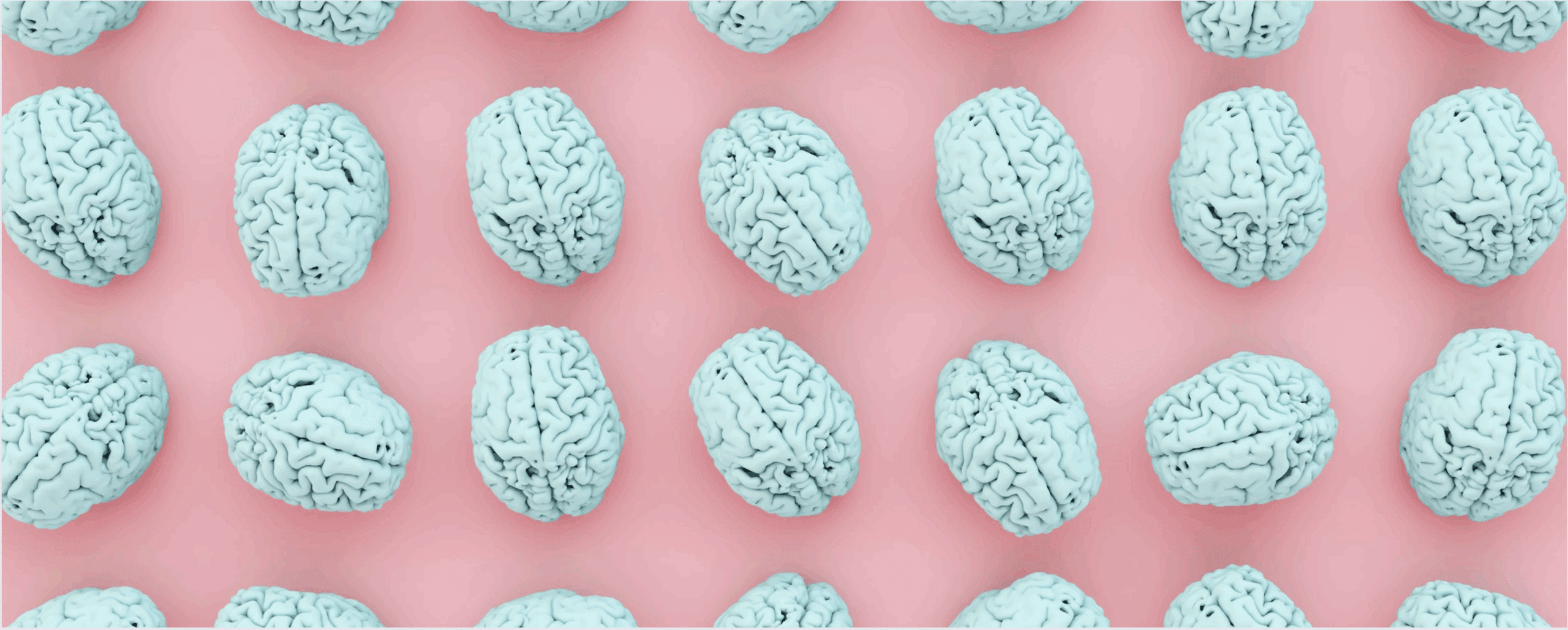If you struggle with a mental health disorder, know that clinical mental health counseling can bring you to a place of healing. The reasons behind why a person faces mental health challenges are complex and individual, so there’s no one-size-fits-all fix. At Aliya, we recognize the nuances of mental health and provide premier mental health counseling. Each client is treated like a person, not a disease, and their therapy plan is shaped based on their goals.
What Is Clinical Mental Health Counseling?
In sum, clinical mental health counseling is a mental health treatment program. Clinical counseling can address mental disorders, substance addiction, behavioral issues, and more. Notably, clinical mental health counseling differs from non-clinical alternatives in that it incorporates medication management. Some individuals highly benefit from a therapeutic treatment program that includes medication for the management of their symptoms.
What Is a Mental Health Counselor?
A clinical mental health counselor works with individuals and groups to support their healing. They use proven therapy programs and medication management in treatment. Additionally, no topic is off the table, as they will listen and advise without judgment.
What Mental Health Disorders Require Treatment?
A wide variety of mental disorders can disturb your peace and wellness by making daily functioning feel exhausting or unmanageable. In this scenario, you would hugely benefit from mental health counseling to help you manage your symptoms. Mental disorders include mood disorders, behavioral disorders, trauma disorders, neurological disorders, and more. Regardless of what you’re going through, counseling can help.
Anxiety Disorders
Anxiety disorders are a broad category of mental health disorders with persistent symptoms of fear, distress, and anxiousness. The intensity of your anxiety condition can range from mild to severe, where it disrupts the quality of your daily life. Notably, a key symptom of anxiety disorders is the individual’s distress response is out of proportion to the actual situation. We can help give perspective to anxiety symptoms with evidence-based psychotherapy.
Depressive Disorders
Depressive disorders are mental health illnesses that fall under the common name of depression. There are many conditions that fall under the heading of depressive disorders, ranging in their patterns and symptoms. Major depressive disorder is what most people think of as depression, but the list also includes:
- Seasonal affective disorder
- Premenstrual dysphoric disorder
- Postpartum depression
- Prolonged grief disorder
Personality Disorders
Personality disorders play a significant role in a person’s life because they contribute to their behaviors, thoughts, mood, and personality. Oftentimes, personality disorders significantly decrease one’s quality of life because they create a distance between the individual and their relationships. There are many personality disorders, divided into Cluster A, Cluster B, and Cluster C.
Trauma and Stress Disorders
Trauma and stress disorders originate from a major trauma in the individual’s life that causes them to develop a trauma illness. Not everyone who has experienced trauma has a trauma disorder. The factors that contribute to stress disorder’s onset vary from person to person. Some examples of trauma-related disorders are:
- Post-traumatic stress disorder (PTSD)
- Acute stress disorder (ASD)
- Complex PTSD
- Adjustment disorder
Get confidential help from our addiction and mental health treatment facilities located across the United States. Call to join one of our quality programs today!
Speak With Our Admissions TeamTherapies in Mental Health Counseling
Unfortunately, mental disorders don’t just go away on their own. Because they are caused by a wide range of risk factors based on the individual, they require tailored treatment. Mental health counseling programs utilize traditional, evidence-based therapies but modify the treatment plan according to the client. For example, each session is tailored to what the individual wants to work through and explore. At Aliya Health Group, we provide psychotherapy and holistic therapy options as part of mental health counseling.
Psychotherapies for Mental Health
Psychotherapy is another term for talk therapy, which is what most people think of when they consider therapy. Psychotherapy for mental health allows clients to identify the negative traits, habits, thinking styles, and behaviors that trap them. The main mode of exploration is communication, but talk therapy also includes behavioral therapy programs, like cognitive behavioral therapy (CBT) and dialectical behavioral therapy (DBT).
Holistic Treatments
Holistic therapy is equally as important as traditional therapy, as some individuals deeply resonate with its healing style. Through a combination of traditional and holistic therapy, clients experience the breakthrough that leads to total-body recovery. Holistic activities are ones that nurture the mind, body, and spirit, all of which decline in health during addiction.
What Are the Benefits of Clinical Mental Health Counseling?
If you’re on the fence about clinical mental health counseling or unsure whether you qualify, know there are ample benefits. If you are even questioning whether you’re eligible for mental health counseling, you’re obviously dealing with something. Rest assured, counseling will help you find relief by helping you identify issues and approach them in new, healthy ways. Here are some of the benefits individuals gain from counseling through Aliya.
Reducing Symptoms
Mental illness symptoms can range from mild to severe. In some cases, they are debilitating and essentially rob a person from having a fulfilling life. Through medication-assisted treatment (MAT) and therapy, we promise you can experience life apart from symptoms.
Developing Coping Mechanisms
Even once you have your mental disorder under control, you will sometimes face triggers and temptations to fall into old patterns. Counseling teaches you skills for dealing with your symptoms when they surface. Instead of falling back into the cycle of poor mental health, you can use the coping mechanisms you’ve developed to stay on a level plane.
Improved Communication and Relationships
Additionally, mental health counseling addresses areas where your relationships have suffered due to your mental disorder. Relationships are one of the most fractured areas of life due to mental illnesses, but they are also imperative to maintain. Counseling will teach you how to improve your communication and, as a result, your relationships with those you love.
Build Self-Awareness
It’s easy to see yourself as nothing but a mental disorder when you’re sick. Sometimes, this is because you’ve been treated like a burden by others. Further, many people fall into the trap of viewing their disorder as a key part of their identity. Counseling will help you build self-awareness about who you are at your core and who you can be in your best health.
Looking for quality treatment for substance abuse and mental health that’s also affordable? Aliya Health Group's treatment facilities accept most major insurance providers. Get a free insurance benefits check now!
Check Your CoverageWhere Can I Find Clinical Mental Health Counseling?
We provide mental health counseling at each of Aliya Health Group’s treatment center locations across the United States. Mental disorders are debilitating and draining. They can cause you to lose a clear sense of yourself and your relationships. Often, clients receive counseling for anxiety or counseling for depression and mood disorders. Regardless of your condition, our professional counselors are equipped to help you tackle your symptoms.
Clinical mental health counseling is the best step you can take toward your health and wellness, so reach out to us today.














